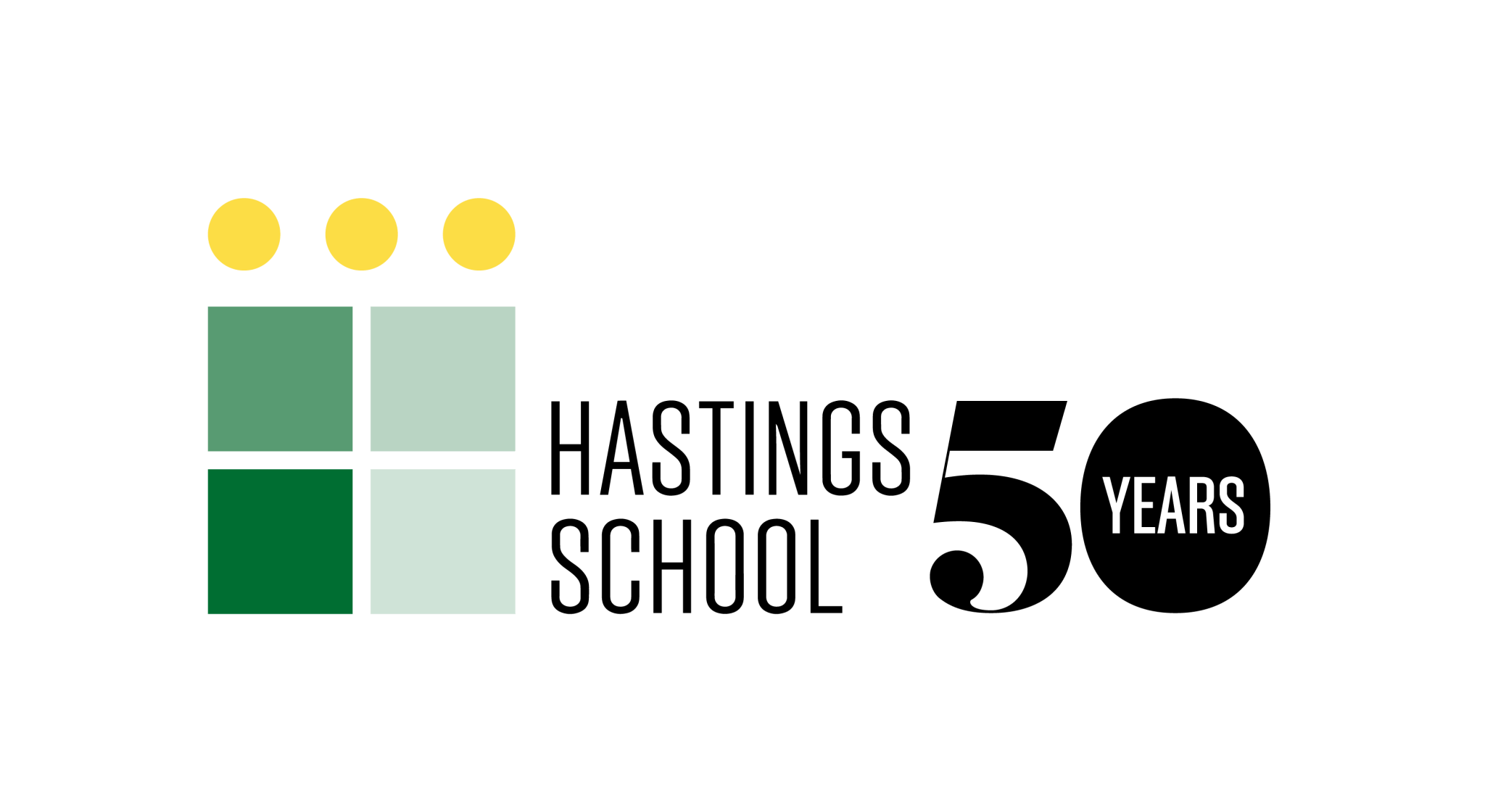April 8, 2024
What is a private school and how much does it cost?
One of the biggest dilemmas many parents face at the start of the new school year is what type of school to choose for their children. In Spain, in addition to public and charter schools, we also find private schools, which, although they are governed by the same laws, can have different values and a different way of working.
Public schools are free, while private schools require the payment of a monthly fee. Therefore, it is a decision that has a considerable impact on the family economy, especially when you have more than one child. So, if you are considering different options but don’t know yet what to do, here we explain what private education is, what its advantages are, and how much it costs.
What is a private school?
Many people who consider this type of education are not very clear about what a private school is and how it differs from a public or charter school. The first thing you should know is that private schools are educational companies whose incomes come only from the fees families have to pay each month.
Although fees can be high, we have the possibility to choose the school that best suits our needs and the family values, as they can be religious or have a boarding service, for example. In addition, most of the students belong to the same social and economic status.
One of the most attractive points is that they tend to lead the rankings of educational innovation and are strongly committed to language teaching, more personalised education, and international approach.
Advantages of private education
Although there are times when enrolling a child in a private school is more a question of social status, the truth is that there are places where the differences between public and private education are very evident, which can make a difference in education. In this sense, here we explain why private education has so many advantages:
Better results
One of the main advantages of private education is that students obtain better marks in standardised tests such as ENLACE and PISA than those in public schools. It is true that this is not necessarily a guarantee of higher quality education, but it does show that students perform better in private schools, which is closely related to the fact that the recruitment of teachers in private schools is more selective.
Facilities
FInanced as a business exclusively through their clients, private schools usually have high-quality facilities, with modern buildings, air-conditioned classrooms, innovative technology, recreational areas, and luxury sports facilities. In general, everything needed to create the ideal learning environment for students.
More personalised attention
In private schools, the number of students per classroom is smaller than in public schools, so teachers can devote more time to each student and attend to their specific needs in a personalised way, facilitating the resolution of doubts and problems and adapting the material if necessary, preventing them from falling behind the rest of the class.
Teaching conditions
Private schools have more access to teaching materials of all types, in many cases even entire rooms dedicated exclusively to the use of those materials. And textbooks can even contain activities to do on the computer, which is an added motivation for children and reinforces the lessons taught. Besides, there are more school trips and other activities outside the classroom that favours new learning methodologies and the acquisition of knowledge.
Extracurricular activities
Most private schools require students to participate in extracurricular activities, being an essential part of the overall education of the children beyond the classroom. These may be sporting activities to promote exercise among children; or cultural activities, to increase their emotional and artistic sensibility, for example.
How much does a private school cost?
If you are wondering how much a private school costs per month, you should know that the price range from one school to another is very wide, ranging from 200 euros to more than 1,000 euros per month. And the fact is that, normally, in addition to the tuition fees, there are other important costs for the student’s daily schooling.
There are schools that include all costs in their fees, without any additional costs, while others break down the extra costs that must be paid apart from the fee, so it is important to take this into account when comparing.
School fees: the price of a private school usually ranges between 400 and 700 euros per month. It only includes the place and the tuition.
Medical insurance: it ranges between 60 and 100 euros per month.
Extra services: it includes optional services, such as canteen (around 120 euros), morning class (between 30 and 60 euros), and school transport (between 100 and 120 euros).
Extracurricular activities: the price varies depending on the type of activity, the school stage, and the number of activities contracted.
Other costs: in addition to these, there are books, uniforms, excursions and educational guidance services, for example.
In short, although it is true that private education is not an option for everyone due to its cost, if you have the possibility of enrolling your child in a private school, it is highly recommended to do so in order to enjoy all the advantages and benefits they offer. In this way, you can be sure that you are doing everything possible to give your children the best future.
